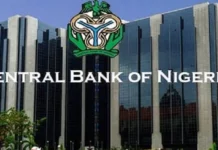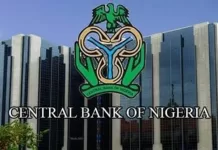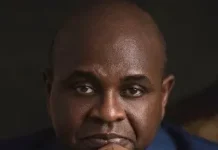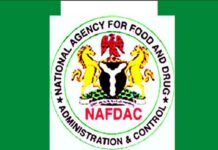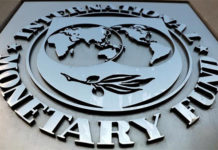Nigeria as a nation has received words of advise from the International Monetary Fund (IMF), on how to attract investment into the country.
Ordinarily, no businessman or investor would want to invest in a crisis plagued environment or in a risk prone business.
And this is why the IMF is telling Nigeria, to reduce inflation and stabilise the exchange rate.
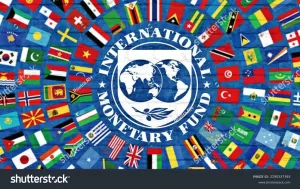
There are many ways to address a problem but if the problem must be resolved never to rise again, the root cause must be uprooted.
Nigeria, is one of the countries of the world whose economy is struggling and grasping for life.
Have You Read: Dollar To Naira Exchange Rate Crashes On Black Market
The economy needs a lot of financial input and progressive policies to stabilize, which is why the government is wooing as much investors it can into the country.
Seeing as President Bola Tinubu is doing all he can to avoid accruing more debts to the already high debt profile of the country.
To this end, the resident representative for the International Monetary Fund for Nigeria, Ari Aisen, believes that Nigeria’s total debt profile of over ₦87tn was still moderate.
He urged the most populous black nation on earth to focus more on dealing with the issues driving this huge debt situation.
The IMF rep, says lower inflation and predictable exchange rates will attract more investments into the country.
He said, “If inflation can get lower and the exchange rate is more predictable, then investments can actually start coming into Nigeria.
There are very green shoots of possibilities for the country.
The potential has been there and will continue to be there.”
Reduce Financing Needs of Government
The IMF representative also stressed the need for the Federal Government to put in place necessary policies to reduce the financing needs of the government.
He said, “It is very important that policies are put in place, particularly fiscal policy, to reduce the financing needs of the government.
The removal of fuel subsidy was a very important step because fuel subsidy cost two per cent of the GDP last year and it was adding to the financing needs and the debt stock of the country.”
He cautioned against any policy reversal, noting that the current transition would likely be better for the economy.
Protect The Poor And Vulnerable
Aisen noted that Nigeria was in a transition and this may cause some pain for the country.
However, he stressed the need for the poor and vulnerable to be protected against such pain.
He said, “There is no simple solution to these problems.
We always know that there will be some transition that would incur some pain to all involved.
It is very important that the burden doesn’t fall on the most vulnerable this time.
So, both government and private sector, should come in and together promote a solution that actually saves the pain from those most vulnerable in the society.”
You May Also Like: Debt Profile: Nigeria Owes IMF, AfDB, Others $20.8bn -DMO
Aisen added, “Eventually, if we pass this transition, investments will return to the country from abroad and locally.
“There is confidence, and job creation is a natural consequence for that.
“With that inclusiveness, high growth rate and job creation to include everyone in society.”

